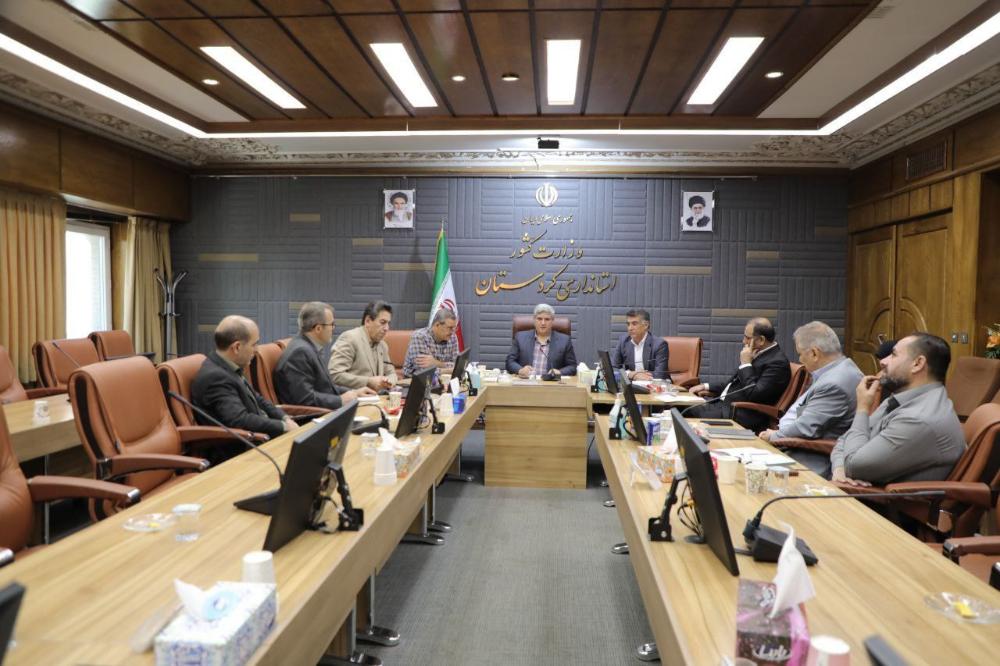According to the Public Relations Office of the University of Kurdistan, the coordination meeting was held on October 26, 2025, at the Kurdistan Governor's Office.
The session was attended by senior provincial and university officials, including Ali Akbar Varmaqani, Deputy Governor for Political, Security, and Social Affairs; Mohammad Azim Malek, Deputy Governor for Development; Adel Si-o-Se-Marde, President of the University of Kurdistan; and the directors-general of tax affairs, industry, and the management and planning organization.
At the outset, Dr. Varmaqani described the University of Kurdistan as the province's scientific and executive arm and stressed the importance of leveraging its academic capacities to address provincial issues.
Dr. Adel Si-o-Se-Marde then invited Dr. Bahman Bahramnejad, Vice President for Research, to present the provisions of the law. Dr. Bahramnejad explained, "Companies with an R&D permit can receive tax credits equivalent to their R&D expenditures, and production units with MoUs with universities will also benefit from these advantages."
Barzan Rahimi, the representative of the Directorate-General for Industry, Mine, and Trade, emphasized the need to form a university-industry liaison working group, adding, "Currently, 45 companies in the province have an R&D permit, but others have not obtained one due to a lack of awareness."
Dr. Malek, Deputy Governor for Development, called for the creation of a comprehensive database of companies with R&D units and widespread dissemination of information about the law's benefits.
Mostafa Felegari, Director-General of Tax Affairs, announced full readiness to implement the law and stated, "According to the law, 25% to 50% of charitable donations to university projects can be considered as tax payments."
Finally, Dr. Masoud Ebrahimi, Head of the University-Industry Liaison Center, proposed that a portion of government royalties from mining companies be allocated to developing the university's infrastructure.



















